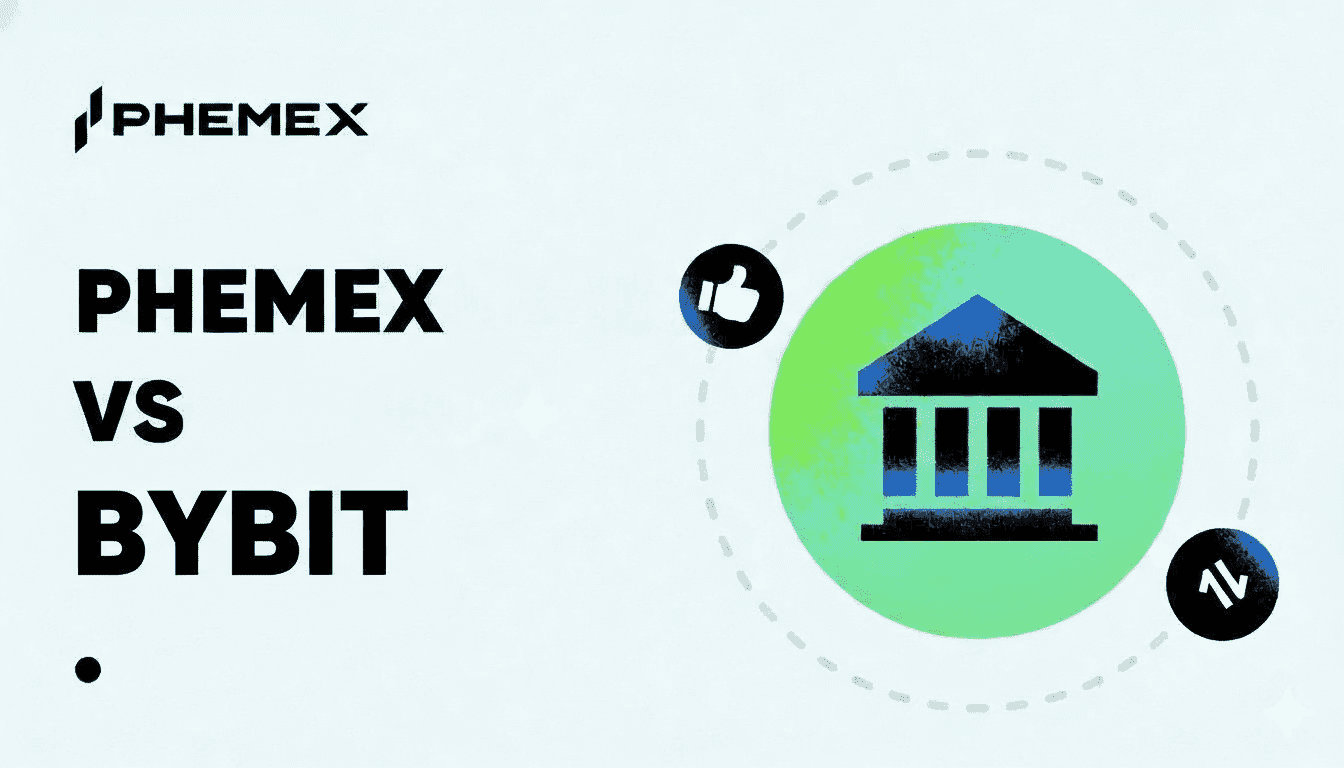Tesla reported its quarterly earnings on July 20th, however, the leading EV maker made headlines not for its business performance, but rather because it announced a sale of 75% of its Bitcoin.

It was previously known that Tesla held approximately $1.5 billion in Bitcoin, but the announcement from Tesla from its Q2 earnings was that it sold off 75% of that for roughly $936 million. This was right in the middle of the cryptocurrency crash and couldn’t have been announced at a worse time. But interestingly, it did not have an adverse impact on Bitcoin’s price following the announcement – only dropping 1.5%.
Let’s also not forget that in Q1 Tesla also announced it sold some $225 million in Bitcoin, with Elon saying they did that to “test its liquidity.” So there are multiple moving parts here. In essence, it’s not an indictment on Bitcoin, but rather more of a company cash position situation amidst a global economic recession and particular hits to Tesla’s business in Shanghai. However, these combined sales could be one moving wrench of the greater BTC sell-off and liquidation as many institutions and lenders sold off the asset to shore up their cash positions and remain solvent.
Nonetheless, Tesla, and Elon Musk, in particular, have been on and off advocates for cryptocurrency, in particular, Bitcoin, Ethereum, and Dogecoin. Elon is also viewed as one of the leading figures in cryptocurrency and will probably be crucial for its future adoption in many of his businesses – Tesla, SpaceX, etc.

Why Did Tesla Sell Its Bitcoin?
Previously, Elon Musk stated that Tesla has diamond hands, however, after these two BTC selloffs, it’s clear that this isn’t true.

In addition and on the contrary, Tesla sold its Bitcoin not because it’s not a believer in the asset, but rather because the company needed to maximize its cash position.

Elon Musk stated in the earnings call that the company would be open to increasing its Bitcoin exposure in the future.
So moving forward, this isn’t too serious of an event for Bitcoin. This sale in fact further proves how liquid of an asset Bitcoin is and that large selloffs like this won’t cause it to crash, but rather, there are thousands of buyers active in the markets buying at these price levels.
How Does Tesla’s BTC Sale Affect Other Companies?
The main hit to Tesla selling Bitcoin is the domino effect it may have on other firms wanting to purchase Bitcoin to add to their treasuries. However, public and private companies and their Bitcoin holdings currently still only make up 2.5% of the entire 21 million Bitcoins. So it’s a number that is too minimal to have a serious impact on the selling side. If Tesla’s sale were to impact other companies and their holdings, then it could only cause a selloff of 525,000 Bitcoins. But this is only considering if every company holding Bitcoin sold all their Bitcoin. There is clearly no evidence of this taking place, even going off of Elon’s words.
Below is a graphic of the top 20 companies that hold Bitcoin. Currently, MicroStrategy leads the pack with Galaxy Digital, Voyager, Tesla, and Marathon Digital behind. However, none of these companies have BTC exposure like MicroStrategy. So the takeaway here can be that companies are beginning to explore BTC holdings, but are still not as convinced as Michael Saylor and the board at MicroStrategy. However, with Michael stepping down, that may change. If Q3 and Q4 see an increase in the crypto markets, then Michael will get a break. If things continue going south, then the company may have a financial shakeup.
 (Source: Top 20 Public Companies that Own Bitcoin)
(Source: Top 20 Public Companies that Own Bitcoin)
Conclusion
Public and private companies are still not adding Bitcoin or other cryptocurrencies to their balance sheets, and it doesn’t look like a huge pivot is likely to occur. However, with institutional banks like BlackRock getting into the game, this may bring more companies into the market, matching them with a professional institution to help them make these investments.
So moving forward, greater company adoption will likely come from additional partnerships with global centralized exchanges and investment management and financial services firms.









